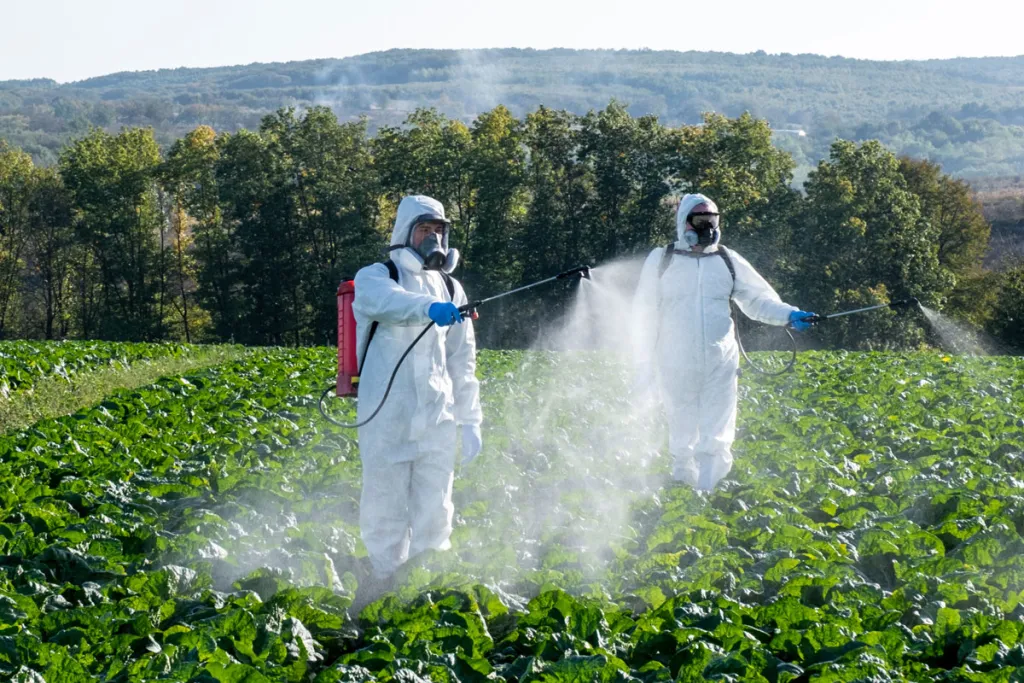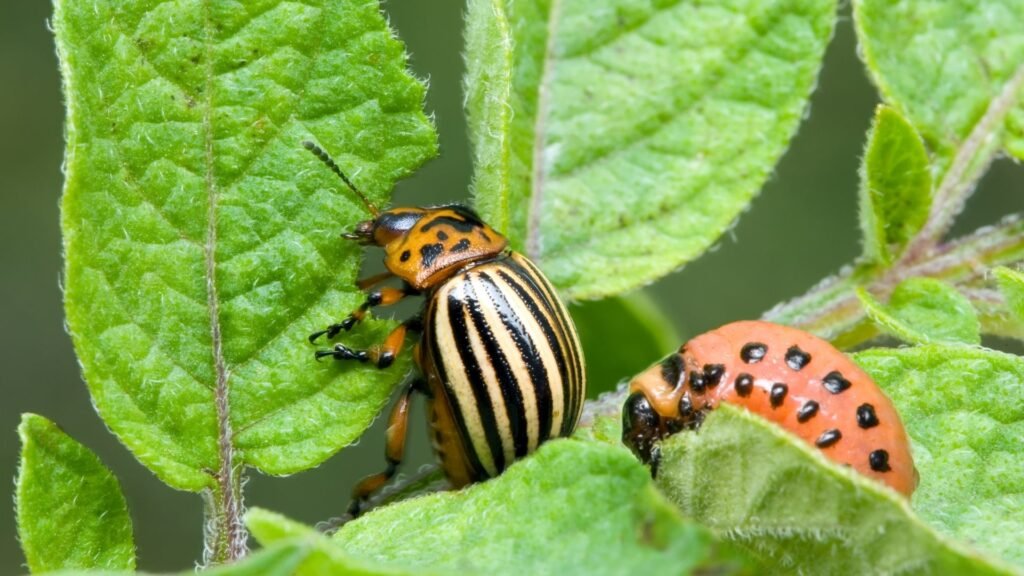
At Makhdoom, we are proud to offer Integrated Pest Management (IPM) services, a holistic approach that combines a variety of environmentally sensitive methods to manage pest populations effectively. Our IPM strategy emphasizes the health and safety of your environment, minimizing the reliance on chemical treatments and focusing on long-term prevention of pests and their damage.
.
Quality We Ensure
IPM reduces the need for chemical pesticides, favoring natural pest control methods that are safer for you, your family, and the planet.
Experienced Workers
Our team of experts is trained in the latest IPM techniques and is deeply familiar with the region's specific pest challenges. We work closely with our clients to develop and implement a customized IPM plan that ensures the health and safety of their environments
Thorough inspections to identify pest threats and vulnerabilities.Implementation of cultural, physical, and biological control methods. Minimal use of chemical interventions, applied strategically when necessary. Continuous monitoring and adaptation of strategies to ensure long-term pest management.
.

Experienced People can help you more.
Our team of experts is trained in the latest IPM techniques and is deeply familiar with the region's specific pest challenges. We work closely with our clients to develop and implement a customized IPM plan that ensures the health and safety of their environments
- Gas Silendar Clean
- Frozen Pipe Clean
- Water Pipe Clean
- Toilet Clean
- Water Pipe Clean
Service Information
- Price :$45
- Cleaning Hours :1-3 Hours
- Number of Cleaners :02 Cleaner
- Visiting Hours :09.00am - 06.00pm
- Contact :+88 9504200
- E-mail :info@clenix.com
Frequently Ask Questions
Choose Makhdoom for your pest control needs and experience the benefits of Integrated Pest Management. Our commitment to environmentally responsible practices and expertise in local pest challenges make us the premier choice for IPM services in Pakistan.
Integrated Pest Management (IPM) is a comprehensive approach to pest control that includes a combination of techniques such as biological control, habitat manipulation, modification of cultural practices, and use of resistant varieties. It focuses on long-term prevention of pests or their damage through the most economical means, and with the least possible hazard to people, property, and the environment.
1. Monitoring and Identifying Pests: Regularly check for and accurately identify them to ensure that any management actions are appropriate for the specific pests.
2. Setting Action Thresholds: Decide when pest populations or environmental conditions indicate that pest control action is necessary.
3. Prevention: Focus on preventing pest problems by managing the ecosystem, such as planting pest-resistant varieties or altering watering practices to discourage pest proliferation.
4. Control: Implement the most effective and low-risk control methods, starting with physical, mechanical, and biological controls and turning to chemicals as a last resort.
5. Evaluation: Continuously monitor pest populations and the effectiveness of the IPM measures, adjusting strategies and methods as needed.
IPM offers a dynamic and sustainable approach to managing pests. It uses a combination of effective, environmentally sound, and economically viable practices to reduce pest populations to acceptable levels while minimizing risks to human health, beneficial and non-target organisms, and the environment.
1. Environmental Protection: IPM practices reduce the reliance on chemical pesticides, thereby decreasing the potential for pollution and harm to non-target species, including beneficial insects.
2. Health and Safety: By minimizing the use of chemicals and focusing on natural and mechanical controls, IPM promotes safer living and working environments for people.

